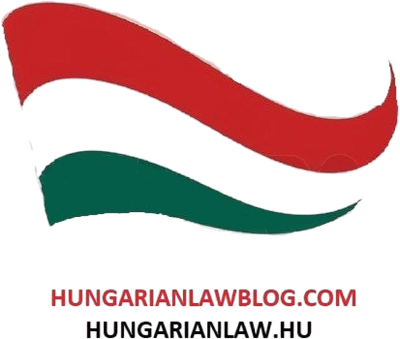Understand the legal framework and key provisions of the Glass Gate Act.
On 1st of January 2022, the new provisions of the Act on the Shaping and Protection of the Built Environment on the Glass Gate entered into force. In this blog article, Dr. György Zalavári, partner lawyer of Ecovis Hungary Legal, summarizes the essential elements of the new law.
The official name of the Glassgate is the Construction Monitoring and Data System; it is an IT solution that is part of the National Construction Monitoring and Data System. It aims to facilitate legal employment in the construction industry, monitor construction contracting and provide the possibility to analyse the data collected. Glassgate records data on entries and exits to and from construction sites and makes this information available to the bodies and registers specified in the legislation.
The Glass Gate records, in real time, the details of employees authorised to be present on the construction site for work purposes and of persons (guests) entering and leaving the site for non-work purposes. Employees and guests may only enter the construction site after using the access control system. Guests may only enter the construction work area after their data has been recorded.
All employers are required to register with the system before using the Glassgate and to update their registration regularly as necessary. Registration is done electronically. The registration must record the quality of the business, the tax number taken directly from the electronic construction logbook, the business or person with whom the person concerned has a contractual relationship for the execution of a construction project, the names of the employees, the tax identification number and the unique identifier of the identification device. The employer is responsible for providing the data.
During the stay on the construction site, the name of the employee, his/her tax identification number, his/her professional activity, the time of entry and exit from the construction site and the tax identification number of the employer shall be recorded. When logging the guest's details, the name is required to be the identification of the identity document, the date of entry and exit and the purpose of entry.
In order to protect personal data, the operator shall process the entry and exit data to and from the Glassdoor using encryption procedures and provide the authorised bodies with an unencryption key. Only the state tax authority and the employment supervisory authority are entitled to access the data concerning the employee for the purposes and only to the extent necessary for the purposes. Data relating to the stay of the guest, with the exception of personal data, may be accessed only by the State Tax Authority for the purposes of verifying the lawfulness of employment, checking tax and contribution obligations and analysing construction data. The building control authority is entitled to access the data stored in the Glasshouse without disclosing personal data. The National Construction Monitoring and Data System automatically transmits the attendance data of the employees to the e-Construction Logbook and automatically takes the company's tax number from the Construction Logbook.
The obligations concerning the use of the Glass Gate System are monitored by the authority. The employer shall be responsible for the legality of the stay of guests on the construction site and for the correct use of the Glass Gate System. This responsibility shall be discharged if the employee is unable to use the Glass Door properly due to the actions or omissions of the main contractor or if the proper use is prevented by a malfunction or other extraordinary event. The general contractor shall be liable for any omissions or infringements attributable to him during the use of the Glass Door.
According to the justification of the law, the installation of the Glass Gate will facilitate physical, on-site inspections under the General Administrative Procedure, reduce administrative burdens and make it easier to establish whether the presence of an employee or other person on the territory is lawful and whether the company is complying with labour rules. The Glassdoor system facilitates tax audits of companies' tax obligations in relation to employment.
The Glass Gates Act will apply to construction works for which the public procurement procedure was launched after 31 December 2021 and where a legal penalty for non-compliance cannot be imposed and established until 1 July 2022.

